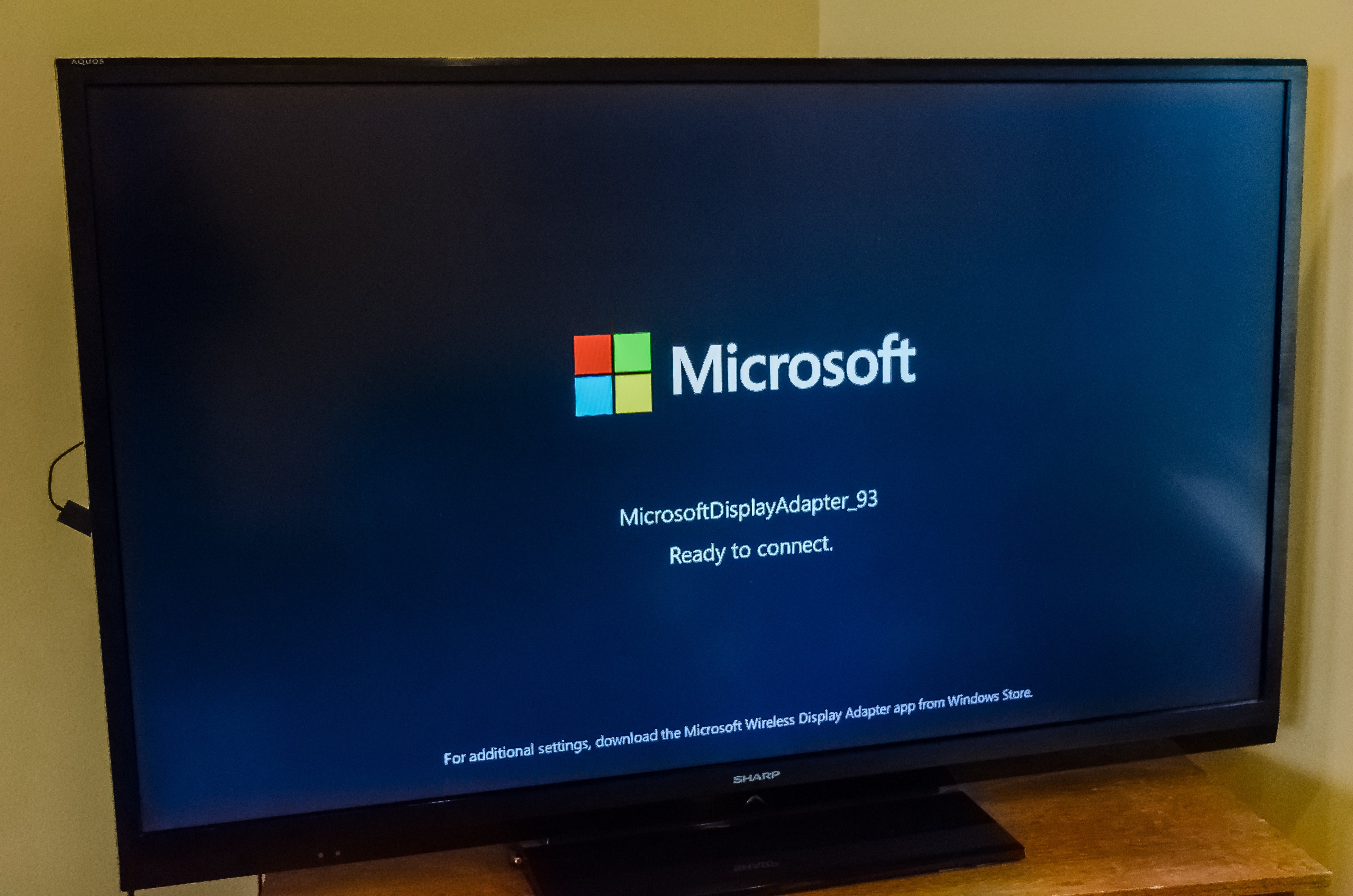
Miracast events will be logged to Microsoft – Windows – WLAN-Autoconfig.Įnsure Miracast is supported on the device. If the security level is “high”, please add another three (3) outbound exceptions:Application: All applicationsAction: Allow network trafficDirection: OutboundProtocol: TCP/UDPPort(s): All portsIP address(s): IPv4 address: 192.168.137.0, Subnet mask: 255.255.255.0 Miracast-certified device uses an ad-hoc, peer-to-peer Wi-Fi connection (known as Wi-Fi Direct) to share contentĪpplication: All applicationsAction: Allow network trafficDirection: InboundProtocol: TCP/UDPPort(s): Specific ports: 5353, 7236,7250IP address(s): IPv4 address: 192.168.137.0, Subnet mask: 255.255.255.0 If you need to create firewall rules, general network settings for Intel WiDi – Miracast are : Now wait a few minutes and the firewall rule will show up. Head over to Settings – Accounts – Access work or school – Work or School Account – Info – and click Sync. In Endpoint Manager choose Endpoint security, followed by FirewallĪssign this rule to all AutoPilot clients. So we have to rebuild the exact same rule and deploy it to all the autopilot clients.

The default rule Wireless Display (TCP-In) rule looks like this.Ĭ:\Windows\System32\WUDFHost.exeAllow In/Out connections for TCP and UDP, Ports: All. To solve the problem we need to create a new profile for an Firewall exclusion.

The “feature” is documented in this article : Security baseline settings Windows 10 and later with Intune and can be found here Therefore the standard local firewall Wireless Display Rule will not apply. The Endpoint Security baseline contains settings that prevent the merge of connection security rules firewall rules with the group policy. This situation happened after applying security baselines via Intune so it seemed like the security baseline was causing this issue. Connecting to wireless monitors with AutoPilot enrolled devies is a problem and eventually the connection will be timing out.


 0 kommentar(er)
0 kommentar(er)
